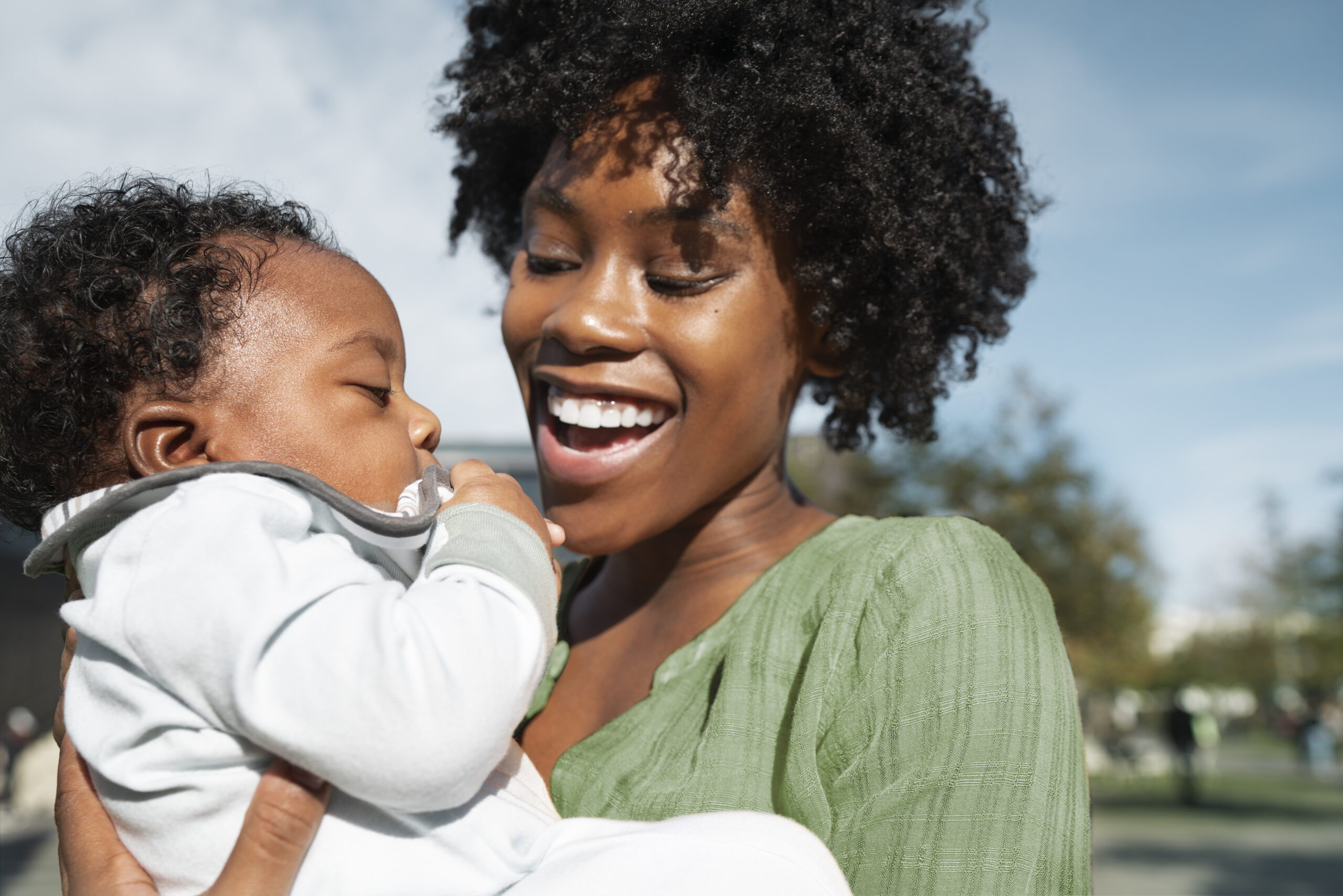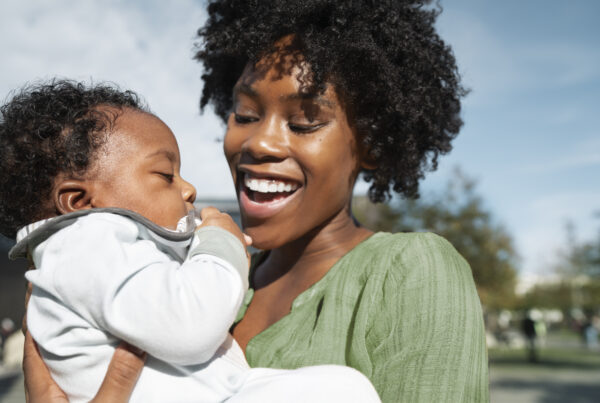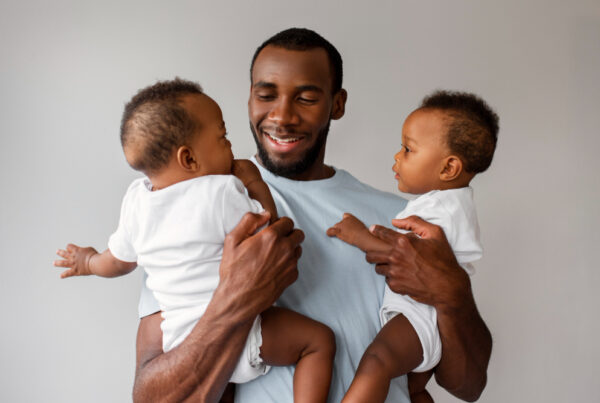In vitro fertilization (IVF) has become a popular treatment option for infertile couples. This technology has assisted millions of couples worldwide in conceiving and starting families where eggs are fertilized by sperm in a laboratory. The resulting embryo is then transferred to a woman’s uterus. This process can involve the couple’s own eggs and sperm or donor materials. It can be an emotional experience, especially if you have been trying to conceive for a long time.
Counseling before and during treatment helps to cope with the challenges. IVF with an egg donor is one of the techniques of assisted reproduction (ART) that is more likely to result in pregnancy. By the age of 35, your eggs lose quality, making it difficult for you to be a mother. Due to different factors, you may need to use an egg donor to get pregnant. Using this method of assisted reproduction, the question may arise if the baby will look like you. Although the procedure itself has high success rates, you may be concerned whether the baby will look like the mother or not. This is because the baby will have half of the egg donor’s genetic information and half of the sperm provider’s genetic information.
A common misconception about egg donation for the IVF process is that the resulting child will bear no resemblance to the intended mother. While it’s true that the child will inherit genetic traits from the egg donor and the father, the belief that there’s a complete disconnect between the mother and child is unfounded. There is a significant impact of the maternal environment on fetal development. Even without sharing genetic material, your body plays a crucial role in shaping the baby’s physical appearance, personality, and overall health. While the maternal environment plays a role, genetics also influence a child’s appearance and traits. Even within the same family, siblings can vary significantly in looks. Therefore, it’s impossible to predict with certainty how closely a child conceived with donor eggs will resemble their intended mother.
What this only means is that fulfilling your dream of having your biological children as a family is possible, thanks to other women who donate their eggs to be fertilized. The embryo from a donated egg would likely resemble the intended mother and this is justified because, during the first days of pregnancy, the pregnant mother can modify the DNA of the embryo. There is a theoretical concept about epigenetics, which is the study of the different factors and mechanisms that regulate how genes are expressed without any alteration in the sequence of the DNA. It is the set of chemical reactions and processes that modify the behavior of DNA without altering its sequence. For this reason, many families have had children through egg donors who affirm that their children are very similar to them. Especially in terms of behavior, customs, etc.
Ultimately, the bond between a mother and child is a complex interplay of genetics, environment, and love. Whether or not your child physically resembles you, the emotional connection formed during pregnancy and beyond is profound. Egg donation is usually the last opportunity for couples or singles who wish to become pregnant after months or years of failed attempts via fertility treatments such as IVF. If you are considering IVF with donor eggs, you can encounter some challenges and questions.
Every parent wants their child to be intelligent, charming, and successful. Although matching the desired personality, level of intelligence, and educational background of the donor with the qualities you wish for your child, genes do not account for the entirety of these personal characteristics. The amount of nurture also plays an important role in terms of the child’s personality and success. Moreover, the environment in which the child is brought up also plays a crucial role when shaping his or her personality, intelligence, and future educational endeavors. Note that it is not guaranteed that the characteristics of the egg donor will be passed to your child.
Overall, even if an egg donor looks nothing like the intended mother, the donor egg baby may still look like the recipient. Even if the donated egg has a different genetic material than the recipient, the embryo is still affected by the fluid that surrounds the baby while it is growing in the womb. Consequently, the child will likely resemble its mother, as well as the sperm provider. For anonymous egg donation, the egg donor must be kept anonymous throughout the entire treatment process. Nonetheless, people mistakenly believe that anonymous egg donation will remove the genetic similarities. Although donor eggs from an egg bank will not carry your genes, the baby can still have some of your characteristics or physical traits.
This is because the selection of the donor is based on the phenotypic characteristics of the recipient and blood group. The final choice is made based on the anatomical, morphological, and physiological characteristics of the donor about the patient’s personality. This means that even though the child might not share the exact genetic code of its birth mother, chances are there will still be some resemblance between the two. In the case that the child doesn’t look like you physically, it will still adapt to your behavior, interests, humor, mannerisms, and facial expressions. Also, environment and exposure play a massive role during child development, which means this factor gives your child more similarities than genes or traits.
In conclusion, while the genetic makeup of a child conceived through egg donation primarily comes from the donor, the mother’s body provides a nurturing environment that can influence the child’s development. The resulting child may exhibit traits, mannerisms, or even physical resemblances to the mother.





